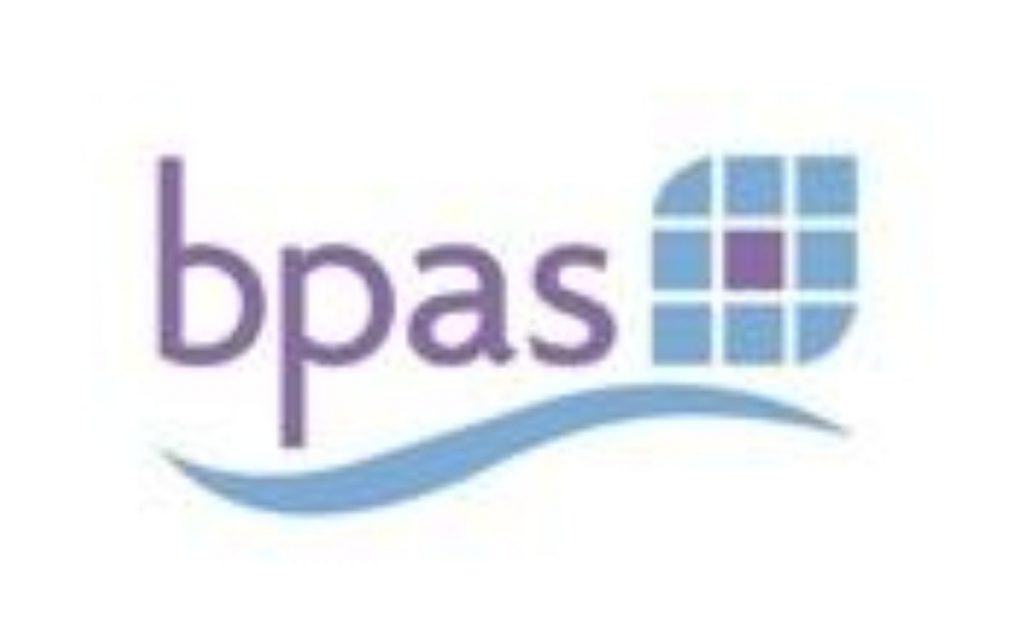BPAS pioneers early abortion services in GP surgeries – safe, accessible and acceptable to women
GP Newspaper carries a story today about the British Pregnancy Advisory Service (BPAS)’ work in expanding early abortion services into the community at the invitation of PCTs in England. In order to help provide local women with abortion care at early stages as accessibly as possible, some PCTs have invited BPAS to provide early abortion services from appropriate GP premises.
After approval from the Healthcare Commission and the Department of Health, BPAS now has five GP-practice based locations providing pregnancy consultation (pregnancy testing and non-directive pregnancy counselling, ultrasound scanning and referral for abortion treatment, plus other family planning services). One of these locations has also been providing early medical abortion treatment from a GP premises since mid 2008. Another has been approved to do so and will begin offering early abortion treatment from a GP’s premises in spring 2009.
These GP practice-based services are staffed by BPAS doctors and nurses and counselling staff, and only see NHS-funded clients from each PCT that has invited BPAS in to run the service for them. BPAS welcomes the idea that more PCTs may be seeking to provide local early abortion care from family doctors’ premises.
Ann Furedi, Chief Executive of the charity BPAS, which each year provides around 13,000 early medical abortions under 9 weeks, confirmed that the ‘abortion pill’ method is safe, effective and acceptable to women, saying:
‘Women who need to end an early pregnancy often prefer to use a non-surgical, non-invasive method that is as much like having a natural miscarriage as possible. The early medical ‘abortion pill’ is becoming the method of choice at under 9 weeks’ gestation.
‘This is a less expensive method for the NHS to provide than a surgical termination and is well suited to community provision, allowing early access to treatment to fit in better with women’s childcare, work and other commitments close to home.
‘A Department of Health study last year showed that there is no reason why the ‘abortion pill’ method could not be provided outside of a hospital setting with the appropriate back-up care in place.
‘If more GP surgeries become approved for the provision of early abortion, then more women may be able to get the care they need at an early stage, which is good news for everyone.’
Notes
Early medical abortion is only licensed for use in relation to a pregnancy of less than 63 days (9 weeks’ gestation). In England, Scotland and Wales, after appropriate counselling, legal certification from two doctors and medical checks, women with a pregnancy of less than 9 weeks can attend a specially-licensed clinic to receive the first dose of medication involved in the abortion treatment, which renders the pregnancy non-viable. Women then return some hours later, for the second part of the medication, which then prompts uterine contractions, expelling the early pregnancy. The second part of the medication generally takes about two hours to take effect, during which time the woman may return home to pass the pregnancy in comfort and privacy. 24 hour phone support from specialist doctors and nurses is available as needed. This model of patient management is similar to that used with early natural miscarriages which are proceeding normally.
Over the last eight years, around 55,000 women have now had early medical abortion treatment with BPAS following this protocol.
For more information on the Department of Health’s report on ‘non-traditional settings for early medical abortion’ and the DH consultation process expected in 2008, please see below : http://nds.coi.gov.uk/environment/fullDetail.asp?ReleaseID=366752&NewsAreaID=2&NavigatedFromDepartment=False
” target=”_blank”>http://nds.coi.gov.uk/environment/mediaDetail.asp?MediaDetailsID=240526&NewsAreaID=2&ClientID=46&LocaleID=2
The Royal College of Obstetricians and Gynaecologists(RCOG) states that ‘At least one-third of British women will have had an abortion by the time they reach the age of 45’ (see p1, ‘Care of women requesting induced abortion’, Evidence-based Guideline Number 7, Sept 2004).
For most women, having an abortion poses fewer medical risks than going through pregnancy and birth. See the Royal College of Obstetricians and Gynaecologists’ (RCOG) information on this –
http://www.rcog.org.uk/index.asp?PageID=649#safe
Northern Ireland has extremely limited access to abortion as it is not covered by the 1967 Abortion Act, despite being part of the UK. Northern Irish women are not entitled to receive NHS funding for abortion treatment elsewhere in the UK.
For more information or to request an interview please contact the BPAS press office on 020 7612 0206





-01.png)